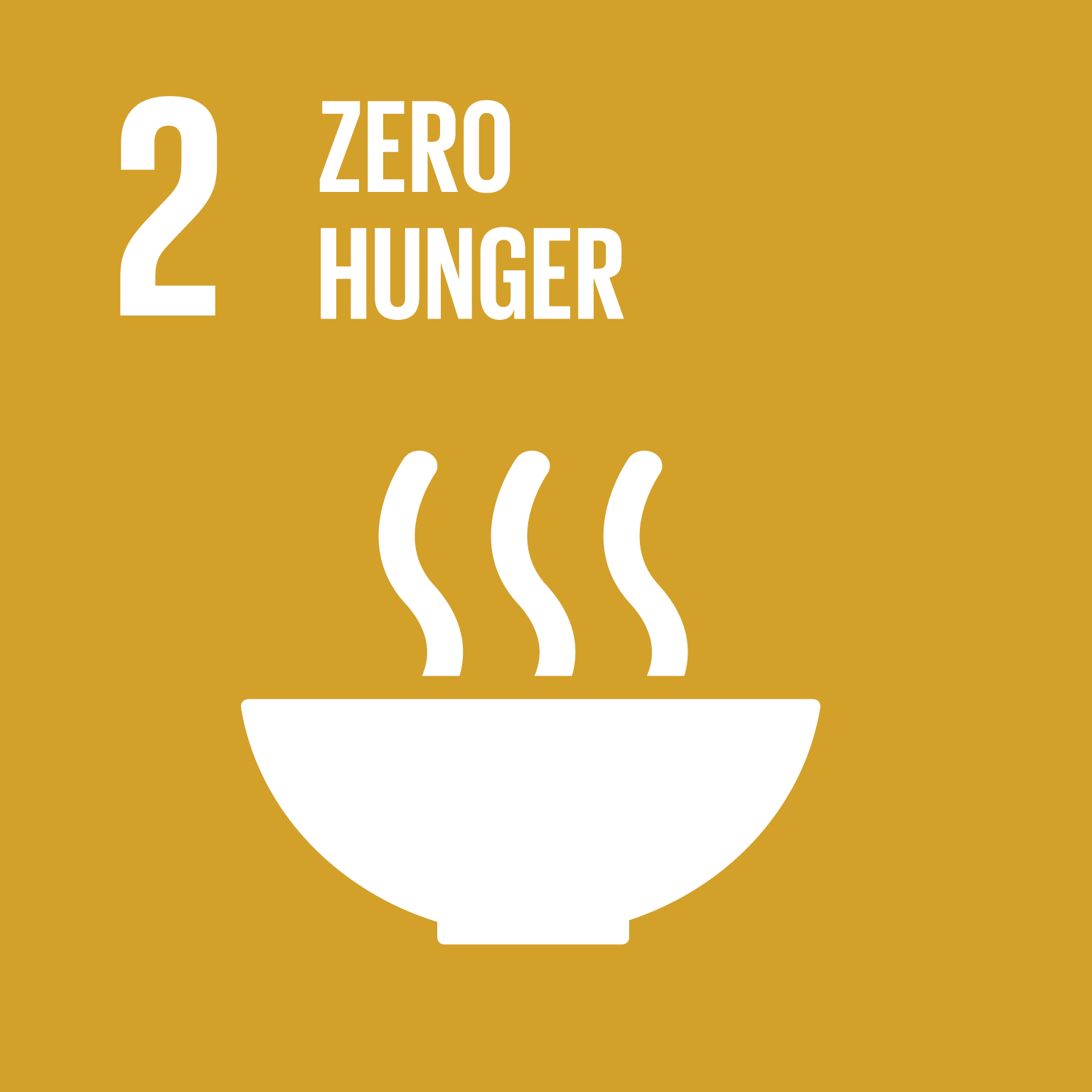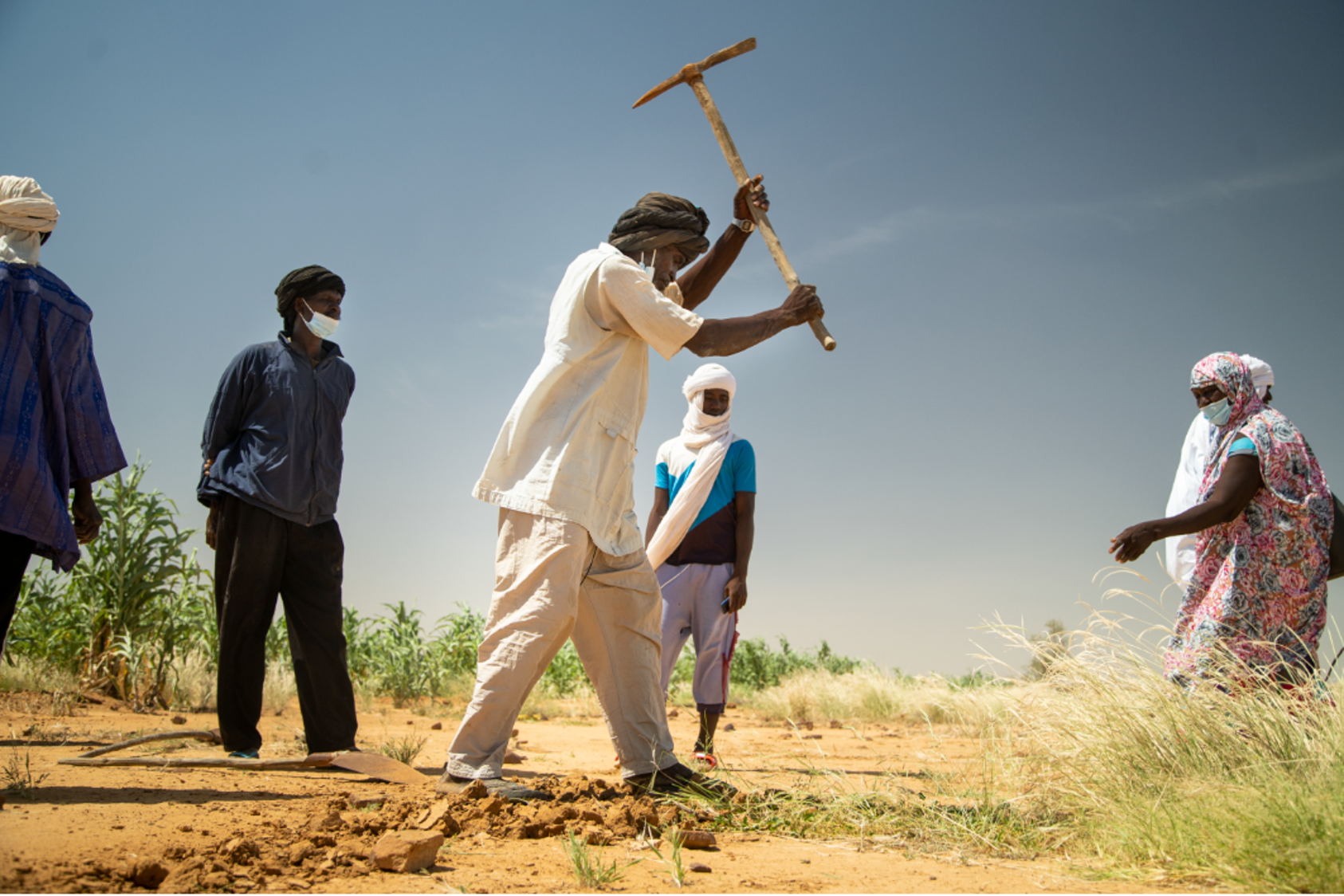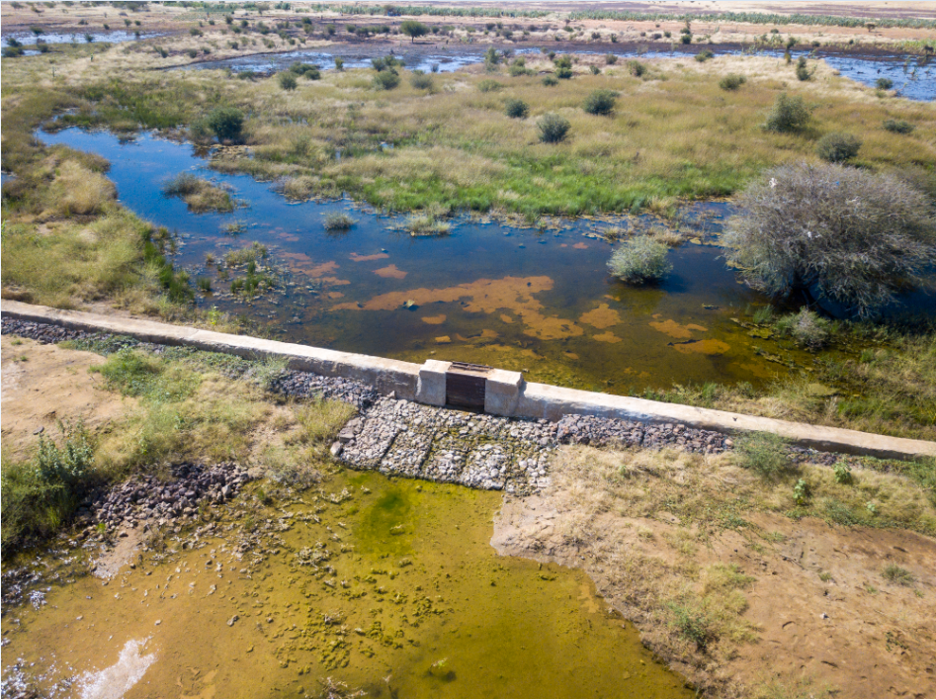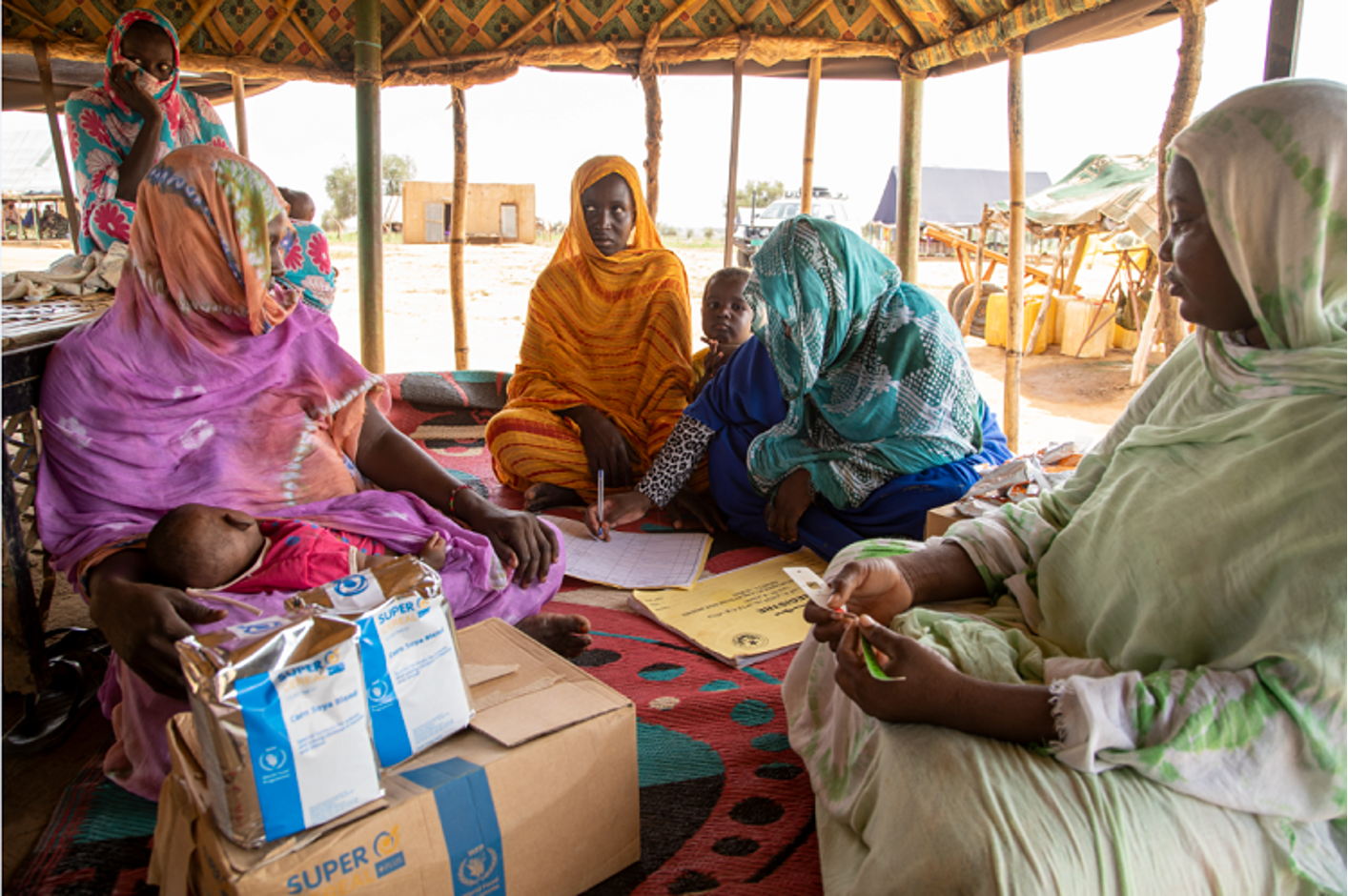 Improvement of Livelihoods and Nutritional Health in Mauritania
Using an integrated approach to strengthen the resilience of local communities
Improvement of Livelihoods and Nutritional Health in Mauritania
Using an integrated approach to strengthen the resilience of local communities

Challenges
The Sahel region faces unprecedented challenges, one of which is the negative effects of climate change on vulnerable populations. Similarities of these challenges throughout the region highlight the importance of fostering South-South exchanges and dialogue among Sahelian countries to allow solutions to be identified that can be adapted to different contexts.
One village in Mauritania, Goureijma, which is home to 1,200 inhabitants, has been hit by consecutive droughts and low rainfall. These climate challenges have been preventing residents from exploiting the land and bringing negative impacts on agricultural production and livestock farming, leading to the deterioration of the livelihoods of the community. The situation worsened with the COVID-19 pandemic, resulting in reduced supplies of food commodities, declines in consumption, reduced job opportunities in urban areas and systematic indebtedness.
Towards a Solution
To address this challenge and to pilot a possible solution to be scaled up throughout the country and the Sahelian region, the World Food Programme (WFP), with the support of the United Nations Children’s Fund (UNICEF), World Vision and the German Federal Ministry for Economic Cooperation and Development (BMZ), launched the initiative “Improvement of Livelihoods and Nutritional Health in Mauritania.”The initiative hopes to mitigate the effects of climate change, facilitate access of target groups to land, empower women and promote gender equality, reduce tensions between farmers and herders and create production and income-generating opportunities for target groups.
Using a multisectoral approach, the initiative has assembled stakehold- ers from non-governmental organizations, government and development partners at all levels to help with implementation. Participatory community planning takes place to provide a clear understanding of the needs and challenges faced by the local populations and is a platform for local community, partners and authorities to exchange ideas, identify problems and constantly adapt programmatic responses to the needs of the target groups.
The initiative addresses a number of challenges. The first is restoration of productive assets. A stone dike was built to allow flood retreat farming, contributing to better water management in the community, and land was restored using “half-moon” basin techniques to improve agricultural production and livestock farming. Half-moon basins are dug with pickaxes and shovels to form an approximately three-metre half-circle in which earth and manure are mixed. The basins collect rainwater that would not be absorbed by the ground otherwise allowing crops to grow; this is an important system to prevent desertification, recover desert lands and preserve crops.
To prevent and treat moderate acute malnutrition, the initiative provides nutritional supplements to pregnant and breastfeeding women and to children under-five. The community platform GASPA was created to set up integrated multisectoral interventions, including mapping of pregnant and breastfeeding women, training of community health agents and procurement of necessary tools for activity implementation and platform management. The initiative also supported an ambulatory recovery centre for malnutrition and nutrition awareness-raising activities to further support the target groups in the long term.
A school feeding programme is also part of the initiative. School children receive morning porridge and hot meals at noon, which increases concentration on their studies and ensures that the children eat nutritious foods during the day. Other activities include gardening zones for the production of fresh produce all year to encourage diversification of household food consumption and the restoration of fencing.
So far, the initiative has contributed to improving the community’s resilience and been a strong example for continuity of similar actions in the region. Focusing not only on transferring technologies but also on teaching local stakeholders how to pursue the activities, the initiative built sustainable bases for local economic and social development.
Key results of the initiative include: the stone dyke contributed to an increase of cultivable land from 8 hectares to 24 hectares; 13 hectrares of half-moon basins were created, of which 8 hectares is dedicated to agriculture and 5 hectares to pastoralism. The increased cultivable land was provided to the community households based on their size. In 2020, beneficiary groups sold one-third of their production, resulting in US$ 550 in income. This income was invested in the purchase of 20 carts and livestock. The carts reduced the time needed to collect water and wood from two to three hours per day to 30 minutes. Beneficiaries reported that children had more time for school and households spent more time together. In addition, thanks to the cash received by the community, three wells were constructed for livestock farming and gardening. Ensuring empowerment and ownership of the activities by the whole community is crucial to the initiative’s sustainability. Local authority and state decentralized service involvement is also essential for its success and sustainability. A focus was placed on enhancing social cohesion and promoting good governance. The intervention contributed toward reduced migration while lessening the number of conflicts between breeders and farmers caused by transhumance. A greater food supply in the local market and improved school attendance are results that need to be sustained.
The practices implemented in this project have a high potential for replication among Sahelian countries. However, it is essential that activities are designed based on the local context and the needs identified during participatory community planning sessions.
Contact Information
Countries involved
Supported by
Implementing Entities
Project Status
Project Period
URL of the practice
Primary SDG
Primary SDG Targets
Secondary SDGs
Secondary SDG Targets
Similar Solutions
| NAME OF SOLUTION | Countries | SDG | Project Status | |
|---|---|---|---|---|
Accelerating the Transformational Shift to a Low-Carbon Economy in Mauritius Towards supplying 35 percent of the country’s energy needs with renewables by 2025 |
Côte D'Ivoire, Germany, Mauritania | 05 - Gender Equality 09 - Industry, Innovation and Infrastructure 13 - Climate Action | Ongoing | View Details |
Accelerator Labs Network Following collective intelligence methods to address emerging sustainability challenges and the growing demand for local solutions |
Côte D'Ivoire, Germany, Mauritania | 08 - Decent Work and Economic Growth 13 - Climate Action | Ongoing | View Details |
Action Plan on Gender Equality and the Empowerment of Women at the National Level in the Arab Region Mainstreaming gender action within national institutions in the Arab region |
Côte D'Ivoire, Germany, Mauritania | 05 - Gender Equality | Completed | View Details |
Adaptation for Smallholder Agriculture Programme Establishing better working conditions for smallholder farmers through the use of good practices and new technologies |
Côte D'Ivoire, Germany, Mauritania | 08 - Decent Work and Economic Growth 11 - Sustainable Cities and Communities 13 - Climate Action 15 - Life on Land | Ongoing | View Details |
ADAPT PLAN in Malawi |
Côte D'Ivoire, Germany, Mauritania | 01 - No Poverty 05 - Gender Equality 11 - Sustainable Cities and Communities | Ongoing | View Details |


